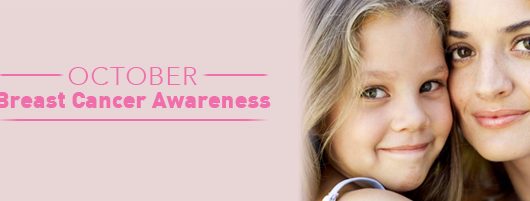In 1901, 86 years before Congress formalized Women’s History Month and 19 years before American women were given the right to vote, a young New York socialite named Mary Harriman had an idea unusual for her class and time: that women had an important role to play as civic leaders. The result was the start of an all-women volunteer organization called The Junior League, now with more than 155,000 members in 292 independent Leagues in the U.S., Canada, the UK and Mexico.
Says Delly Beekman, President of The Association of Junior Leagues International, Inc., “Mary Harriman is an amazing legacy for the Junior League today precisely because she redefined what a woman’s role should be in the early 20th Century. A member of one of the wealthiest families in America, she brought a group of her friends together to work in settlement houses serving the needs of immigrant women and children whose families were mired in poverty. In doing so, she created the organization that is today one of the most influential women’s volunteer organizations in the world.”
Members of that early group of women organized as the New York Junior League included Eleanor Roosevelt, then a shy debutante who would later go on to become First Lady and then a stateswoman in her own right. Mrs. Roosevelt was only the first First Lady to start in a Junior League – others to follow were Betty Ford, Nancy Reagan, Barbara Bush and Laura Bush.
But the Junior League’s membership roles have included a wide range of women who made their marks in many fields. They include:
- Catherine Cleary, first woman director of General Motors and AT&T
- Julia Child, still the best-known TV chef
- Oveta Culp Hobby, first secretary of the Department of Health, Education and Welfare, first commanding officer of the Women’s Army Corps
- Sandra Day O’Connor, first woman on the Supreme Court
- Margaret Hamilton, actress, best known for her portrayal of the Wicked Witch of the West in The Wizard of Oz
- Katharine Hepburn, actress
- Sarah Palfrey Cooke, two-time Wimbledon champion
- Margaret Chase Smith, first woman elected to U.S. Senate
- Deborah Taylor Tate, FCC Commissioner
- Shirley Temple Black, actress, United Nations Delegate, US Ambassador
- Eudora Welty, author and Pulitzer Prize winner
Says Ms. Beekman, “What is remarkable about this list of women is not simply their membership in a Junior League, but their successful adaption of the core League vision – women around the world as catalysts for lasting community change – into action in their lives.”

